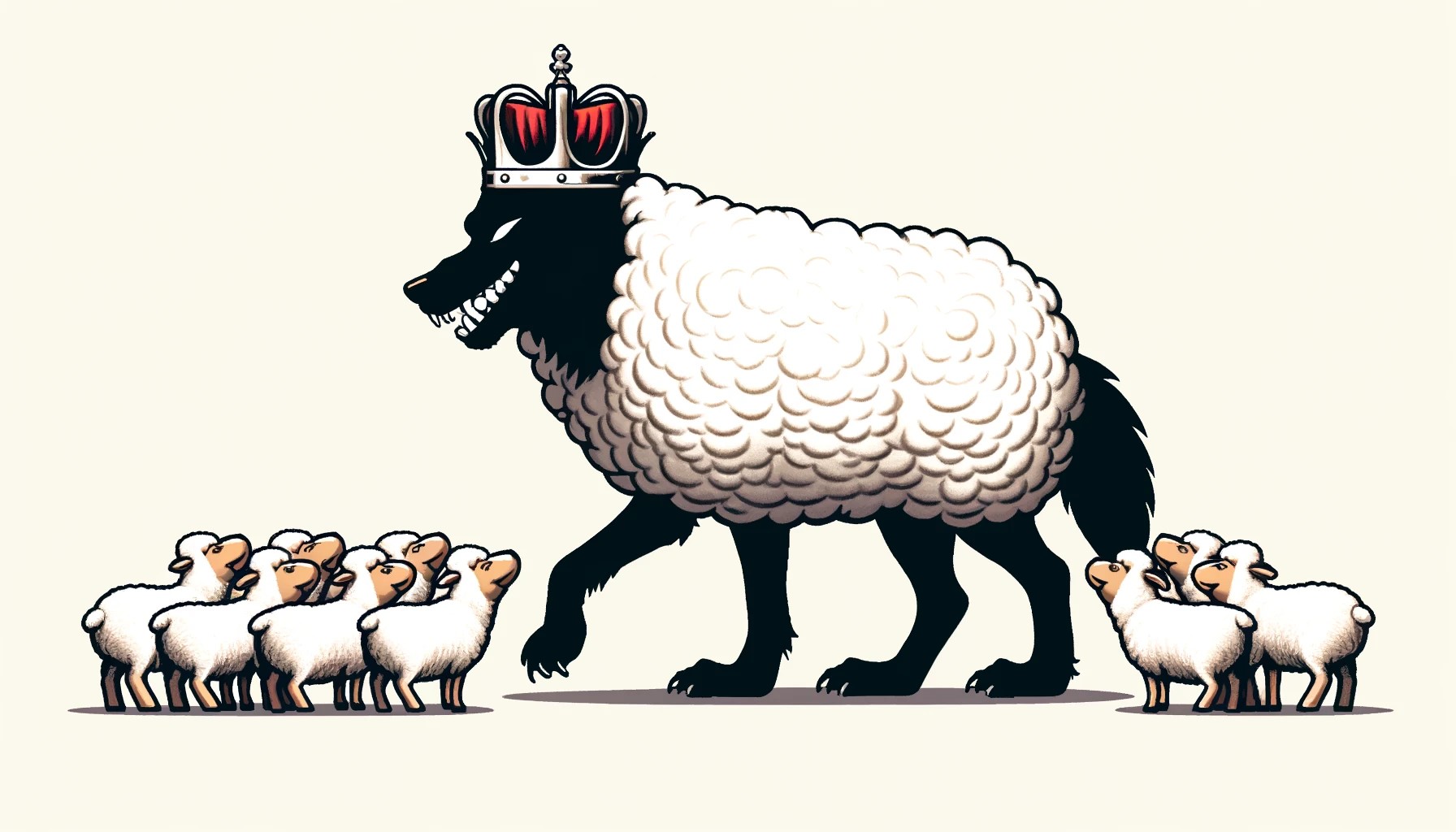Finance
The Possibility of Despotism in America

Economics is interested in despotism and tyranny, if only because the profile of government interventions depends, at least in part, on the nature of the political regime. Moreover, the recent school of constitutional political economy analyzes alternative constitutional arrangements. Economists have analytical tools to study the consequences of government intervention or non-intervention. It is therefore not surprising that a recent issue of The economist tried to explain “Why America is vulnerable to a despot” (May 16, 2024).
On the one hand, it is true that the decentralization of the US government would make it difficult for a despot to take over the system, contrary to the Constitution. For the same reason, manipulation of national election results is very difficult, if at all possible. State and local governments (not to mention the population) are armed, although not as heavily as the federal government. Most police officers are employed by local and state governments. The federal government itself is a diverse collection of power centers, not all of which may yield to the will of a despot. If The economist notes, “It is difficult to get an organization that employs 25,000 lawyers to obey the wishes of one person.” Add that to that the 4,540 economists who work at various levels of government Perhaps not all are willing to ignore their methodology or falsify their numbers, just as Mussolini’s government did not find economists to be easily compliant.
A federal despot’s attempt to control America could also trigger a civil war, which, at least in the long run, may be no worse than French tyranny and the fallout that followed the 1789 Revolution.
On the other side the magazine The economist discusses how an elected despot could overcome the checks and balances of the American system. It often seems as if the American presidency has acquired almost Tsarist powers. The president is arguably more powerful than his counterparts in many European countries. It appears he is more powerful than the Prime Ministers in the British parliamentary systems. His powers in the event of a self-declared emergency are virtually unlimited. The Insurrection Act of 1807 allows him (the “her” included wouldn’t necessarily be better) to deploy the army or navy into the country if federal law is ignored. The economist comments:
The Brennan Center, a think tank at New York University, has identified 135 legal powers vested in the president when he declares a national emergency. This includes things like the power to freeze Americans’ bank accounts or, under a law that gave the president emergency powers over communications in 1942, to shut down the Internet (which, fortunately, would be quite difficult in practice). In theory, Congress is supposed to review and possibly rescind the president’s statements after six or 12 months. In practice, it is careless to limit them. There are currently more than 40 emergency situations in effect. Some of them are more than ten years old.
Abraham Lincoln suspended his habeas corpus. Franklin D. Rosevelt interned American citizens of Japanese descent by executive order. The temptation has not disappeared. President Joe Biden was able to sidestep a Supreme Court ruling on student loans by invoking a state of emergency. The Defense Product Act is regularly invoked by American presidents, including Donald Trump during the Covid epidemic. By declaring an emergency to be real, maintained or imagined (pressing the red nuclear button would be the ultimate justification), the would-be despot could become a real despot. A large majority of Americans could support him until it’s too late, especially if the Supreme Court grants the president immunity from prosecution. It is difficult to imagine despotism without tyranny.
The free press would be a major obstacle. Yet part of the media could side with the despot. The rest would be accused of being “enemies of the people” and their “fake news” would be met with veiled threats or regulatory restrictions. What company can survive without satisfying Leviathan? Courts would be attacked for opposing the ‘will of the people’.
Maybe that’s all too pessimistic. America is probably the country where the largest proportion of people live with an instinct for individual freedom and some understanding of the two words of the expression. Individual freedom represents a threat to despotism, both right and left. Yet a would-be despot is unlikely to identify with tyranny, injustice, and servitude; he would claim to defend democracy, justice, freedom and sovereignty. He would hide behind a majority. The tyranny of the majority is at best a multi-person despot.
Classical liberals and libertarians have been crying for more than a century the wolf in disguise has continued to grow. The danger threatens not only America.
******************************
The danger of despotism. By DALL-E under the influence of your humble blogger.











